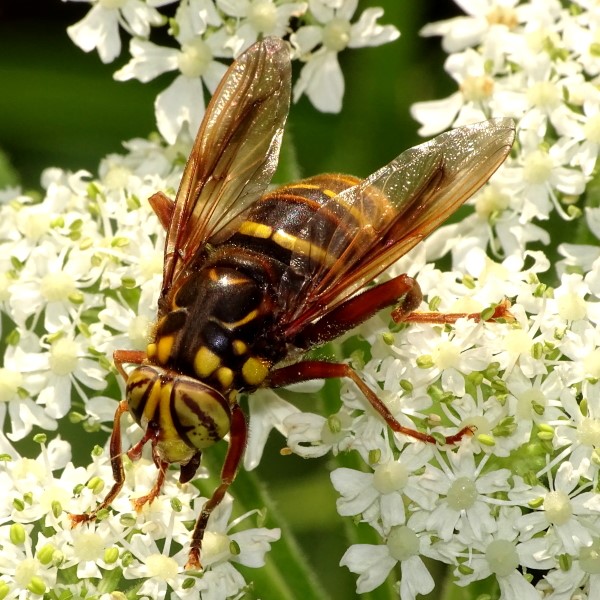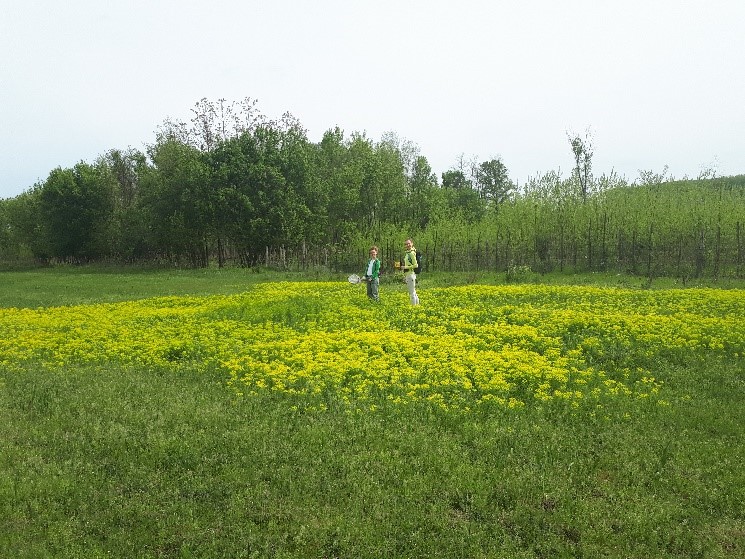Pollination
Pollination by insects is essential for the seed production of the majority of plants, and floral rewards (i.e. nectar and pollen) constitute the basic food resources for flower-visiting flies. Pollination is a key ecosystem service, vital to the maintenance both of wild plant communities and agricultural productivity.
We investigate including both managed pollinators (honeybees and some bumblebee and solitary bee species) and wild pollinators (bumblebees, solitary bees and hoverflies) as all these groups contribute to different aspects of pollination services of Europe’s crops and wild flowers. The Syrphidae, flower or hoverflies, is one of the most biologically diverse and species-rich Diptera families, with over 6000 described species worldwide.
Syrphidae occur worldwide and are diverse and important ecological groups in both natural ecosystems and agricultural environments, as pollinators of plants and as bio-transformers of organic materials (including organic waste). We develop monitoring of pollinators in agroecosystems with intention to be aware of changes in composition of species and population dynamics.

